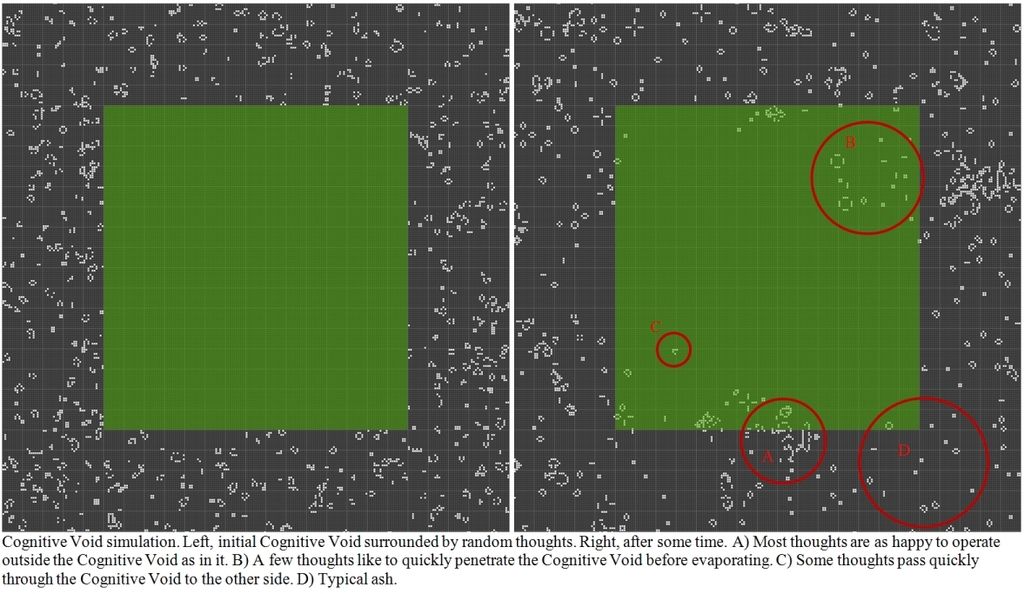Varied minds are, there is the DNA, the recombination, the neural unfolding (in the womb, and after birth), and there is the external environment, and more broadly the good works of culture.
Humans have a bunch of mind tools – evolved – experience and learning tune them up. Culture evolves too.
That humans are receptive to culture is a biological attribute, it was adaptive and selected for. The receptivity though involves discernments.
My question is of cognitive holes, not to be negatively over/emphasised, sort of meant in a soft (accommodating of a necessary variabilty) sense.
My view is there is no ultimate or nearing perfect computational apparatus. There is no ideal knowledge, no ideal knowledge structure, and no ideal applications. This probably also means there’s no ultimate efficiency of knowledge or its application.
Further to my question, is the idea that cognitive holes have an attraction. There are those of individuals, and perhaps too species-wide holes. People are in a way attracted toward cognitive holes, busy around or filling them, with a sort of noise (in a way). An essential noise. Necessary to make the bunch of mind tools work (satisfactorily).
Desires for example, these can be a complex business. Some are simple, basic or fundamental desires, then there are more complex instrumental desires. Desire/s and objective/s have a lot of sameness, the terms can be interchanged.
Desires/objective have about them displacements. By doing this or that other things are displaced.
My question specifically is of the work done by cognitive holes. The imperfect mind-tool-kit (in the context there is no perfect).
